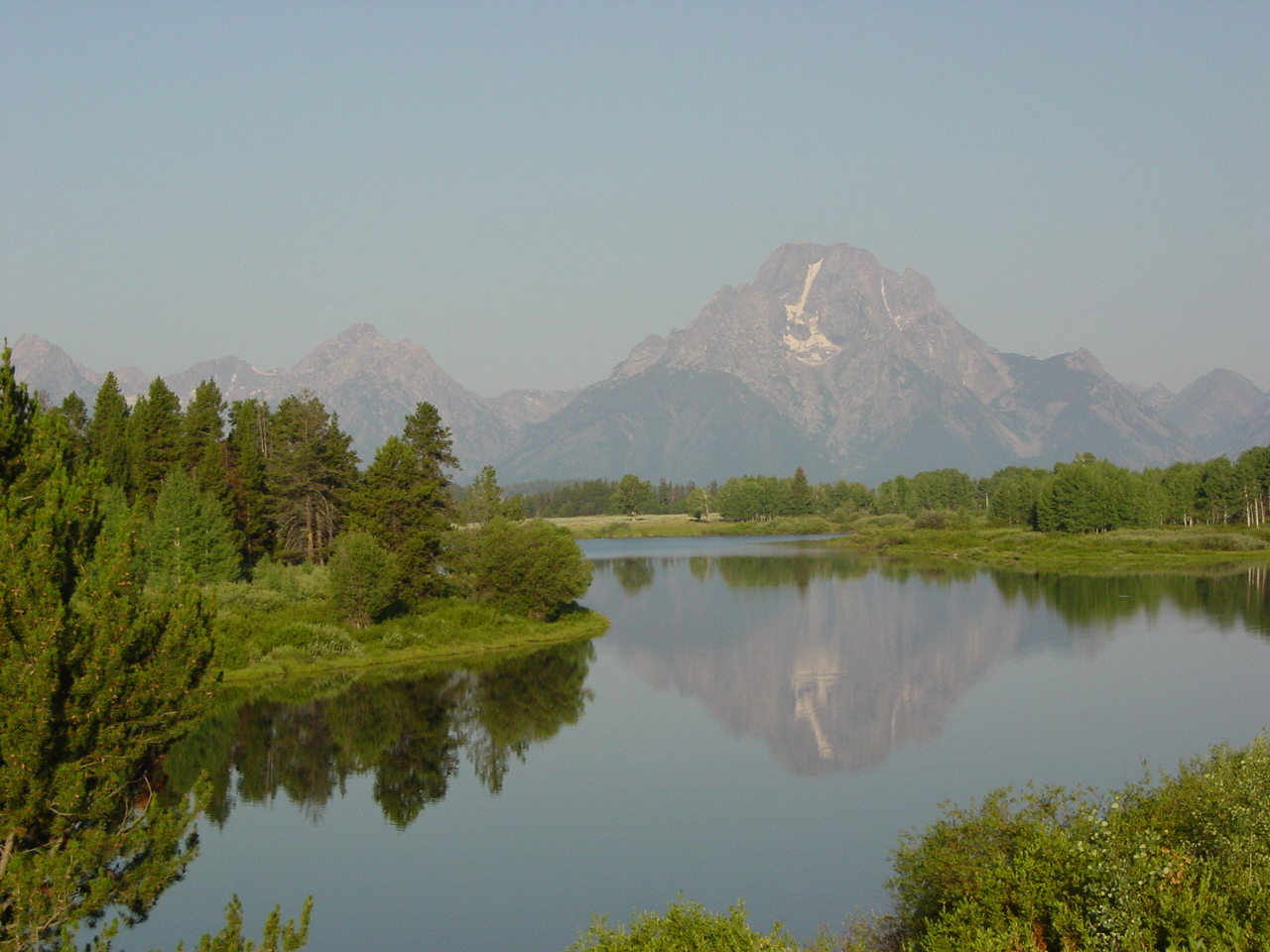By Phil Roberts
An important location in Laramie figures in this story….
In the days before the GI Bill, Congress did provide material thanks to veterans, not in money but in land. For a number of years, the soldier initially was handed a slip of paper known as “military scrip.” After most wars, it was good for claiming 80 acres and the piece of paper was given to each veteran at the end of his term of military service. The scrip itself could be exchanged directly for a tract of land (amount and conditions varied with each war) or he (or his widow) could sell the scrip on the open market.
A lucrative resale market operated because, for instance, why would a Philadelphia shoemaker want scrip for a tract of 80 acres somewhere in the West? He could sell it to someone who wanted it (or a broker or speculator) for a few bucks and everyone would be happy. Thus, even non-veterans could present the scrip at a Government Land Office and be awarded a right to a tract of land. Much of the scrip had no “expiration date.”
One, granted to the widow of a New York soldier who served in the War of 1812, was accepted by the land office in Wyoming from James W. Ingersoll in 1876. His land selection is what became Greenhill Cemetery and some of the land to the east, incorporating the present location of the American Heritage Center.
Ingersoll’s sale/donation of the land for a cemetery is a story already told at various times by Kim Viner and Judy Knight. (Judy has done a cemetery tour and mentions the Ingersolls. I noted them during the many years I conducted the tour, usually as a special event for UW’s chapter of Phi Alpha Theta, the national history honorary).
The land patent copy is on file in the BLM’s records of the GLO (General Land Office) and can be viewed on the agency’s webpage. The GLO records tell a fascinating story of how federal lands were given to veterans as well as homesteaders, railroads, and miners.
(It bears repeating thar the State of Wyoming never owned the “public land” in the State–what the State owns now came from the federal government, who arguably, obtained it from the Indians. In short, we can’t say that Wyoming ought to “get our land back,” given that we never owned it to begin with!)
The land office land records are a fun site to browse, particularly if you ever had an ancestor who homesteaded anywhere in the West. (Of course, everyone knows that you didn’t need to be a U. S. citizen to homestead–just needed to assert your INTENTION to become a citizen. Disqualified, however, if you “took up arms against the United States”–i.e., fought on the Confederate side in the Civil War).
